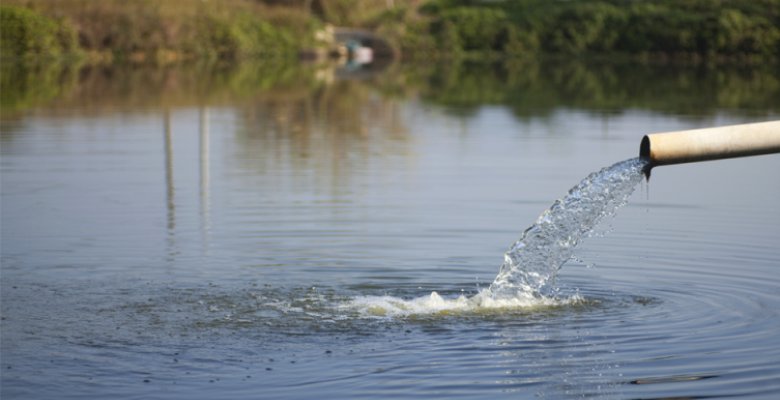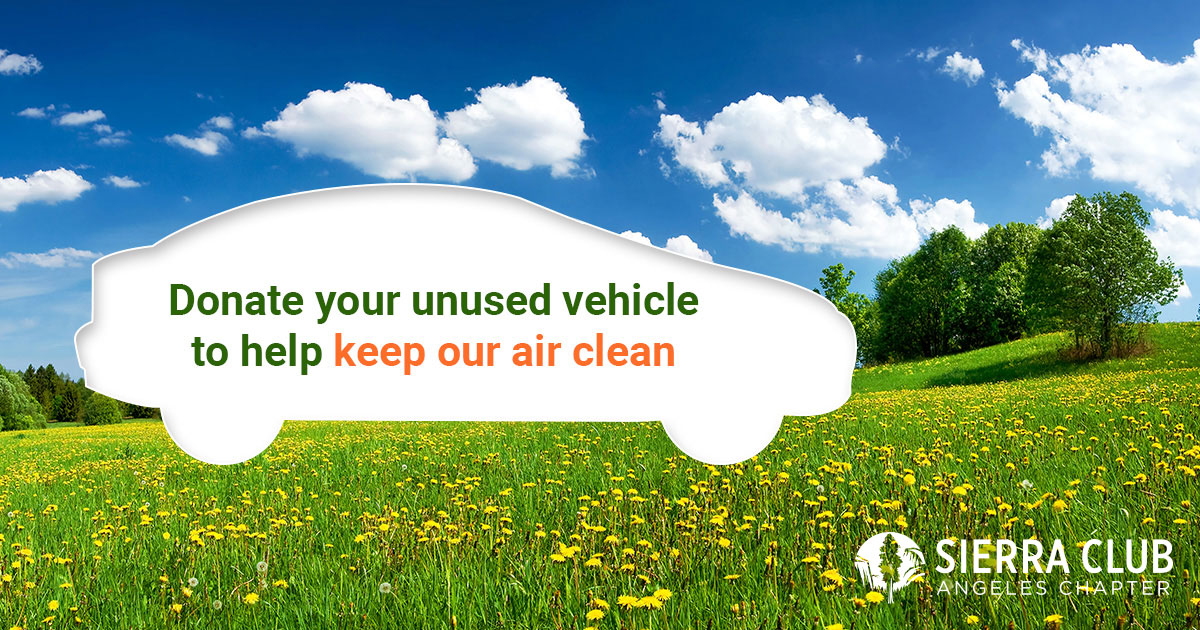Southern Sierran
Newsletter of the Sierra Club Angeles Chapter
August 2020
Water A Public Resource: How Privatization Happens
by Demitri Fierro, Communications Committee Volunteer
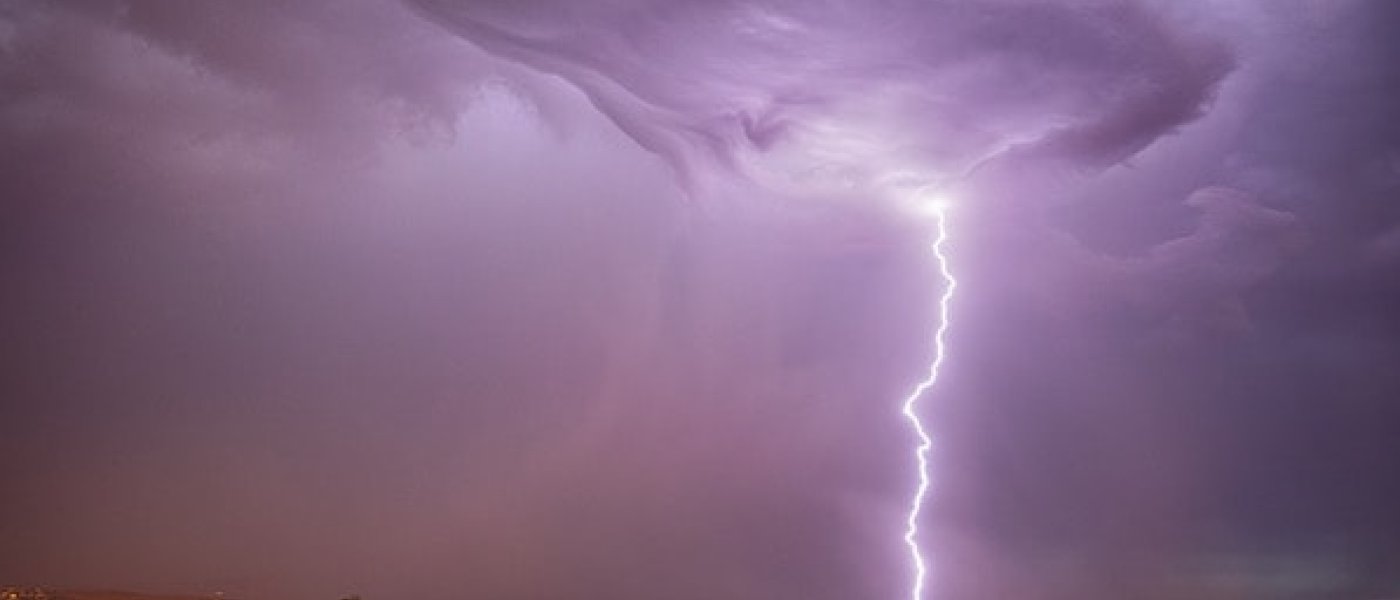
As people across the country protest in defense of Black lives, the Sierra Club recognizes the need to dismantle systemic racism in the United States and within our own organization. We must reckon with how white supremacy - both past and present - has shaped our institutions and do the critical anti-racism work necessary to repair the harm done. It is work that the Sierra Club has begun at all levels. The environmental movement does not exist in a vacuum, and it is our responsibility to use our power to help abolish systemic racism, which is destroying lives, communities, and the planet.
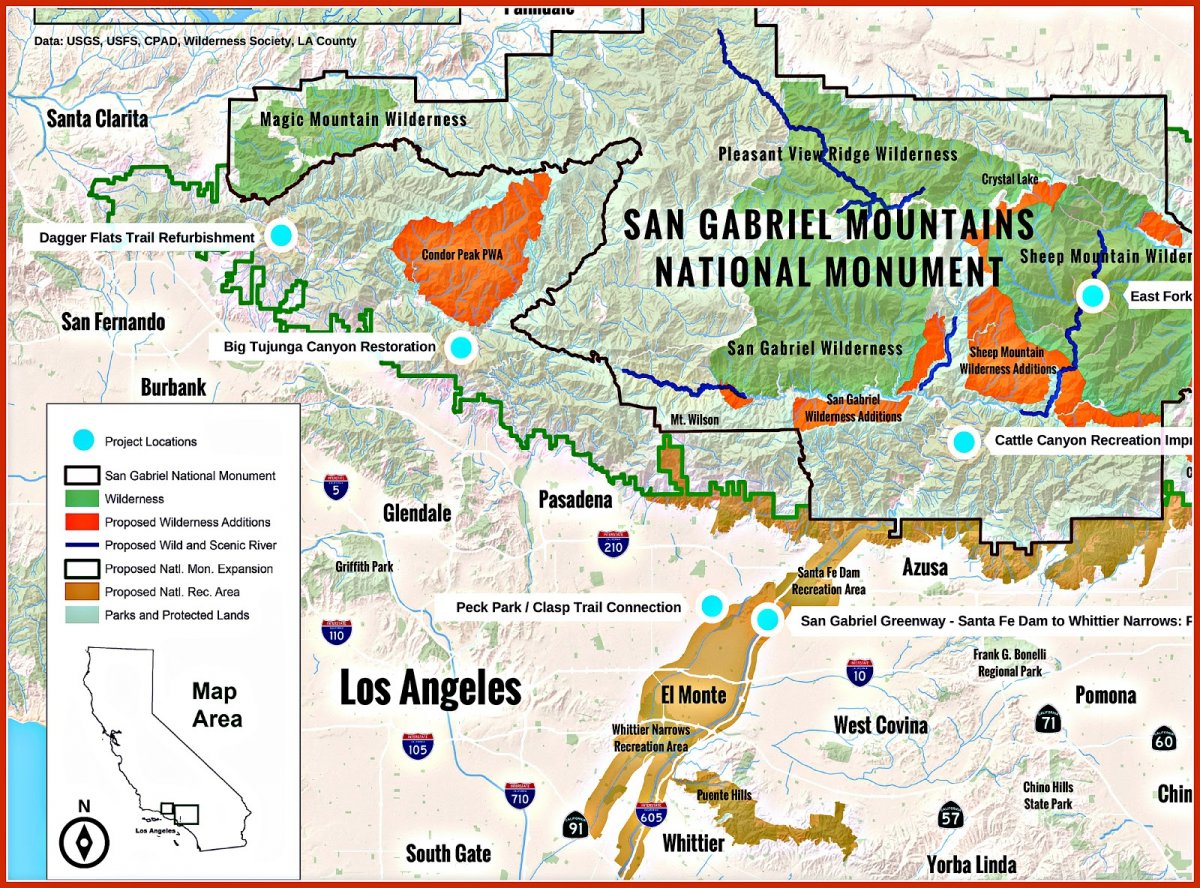 CALIFORNIA PUBLIC LANDS ACT THAT WILL BETTER PROTECT THE SAN GABRIEL MOUNTAINS, ADDRESS EQUITY ISSUES
CALIFORNIA PUBLIC LANDS ACT THAT WILL BETTER PROTECT THE SAN GABRIEL MOUNTAINS, ADDRESS EQUITY ISSUES
by Roberto Morales and John Monsen
As America copes with the fallout of the COVID-19 pandemic, it is clear that outdoor access plays a huge role in boosting physical and mental health. Two important outdoor resources for park-poor Angelinos are the San Gabriel River and the San Gabriel Mountains. Located in the Angeles National Forest and San Gabriel Mountains National Monument, the range is a recreational oasis for over 3.5 million people a year. Our backyard national forest features a unique chaparral ecosystem that covers 700,000 acres, providing vital habitat for hundreds of species and drinking water for area cities.
While Southern Californians enjoy some of the best public lands in the country, many communities—especially communities of color—do not have the ability to reach these special places. The California Public Lands Act, now before the US Senate, would help better protect important California public lands and enhance access to them. The bill spans three regions: Northwest California, the Central Coast, and the San Gabriel Mountains. The Angeles Chapter Forest Committee, other Chapter volunteers and the Sierra Club National Field staff in Los Angeles have been collaborating for over a decade to advocate for proposals now in the Act.
 "Just" PPE
"Just" PPE
by Mackenzie Jackson, Communications Committee Volunteer
Personal Protective Equipment, or PPE, is a critical element in the fight against COVID-19. Items such as masks and gloves will only become more essential as Americans vie to reopen, but they also introduce a significant waste problem. As a recent study by the University College London Plastic Waste Innovation Hub points out, "Most masks available for sale are made from layers of plastics and are designed to be single-use. If every person in the UK used one single-use mask each day for a year, that would create 66,000 tonnes of contaminated plastic waste and create ten times more climate change impact than using reusable masks.” This same study offers reusable masks as an effective single-use alternative, stating that they, “Perform most of the tasks of single-use masks without the associated waste stream.” With the world already producing approximately 3.5 million tons of solid waste each year, according to National Geographic, the addition of a novel source is cause for concern and action.

Coastal Commission Introduction + Interview with Activist Penny Elia
by Eric Yoon, Communications Committee Volunteer
Photo by Paul Reinstein
This is part of an ongoing series of articles by the Angeles Chapter Communications Committee to help readers understand how important decisions are made in California - how agencies and boards function, why they exist and how to interact with them. We look forward to your comments and suggestions regarding other agencies you, the reader, would like to learn more about. Here is an introduction to regional water boards and the California Coastal Commission and interview with long-time coastal activist Penny Elia.
The Coastal Commission has been protecting California’s coasts since 1972 through regulations, education, and coordination. Its website displays a myriad of opportunities, from job offerings to monthly agendas to citizen activities.
While offices are currently closed due to the coronavirus, Commission staff are still working and can be contacted through phone, email, and regular mail.
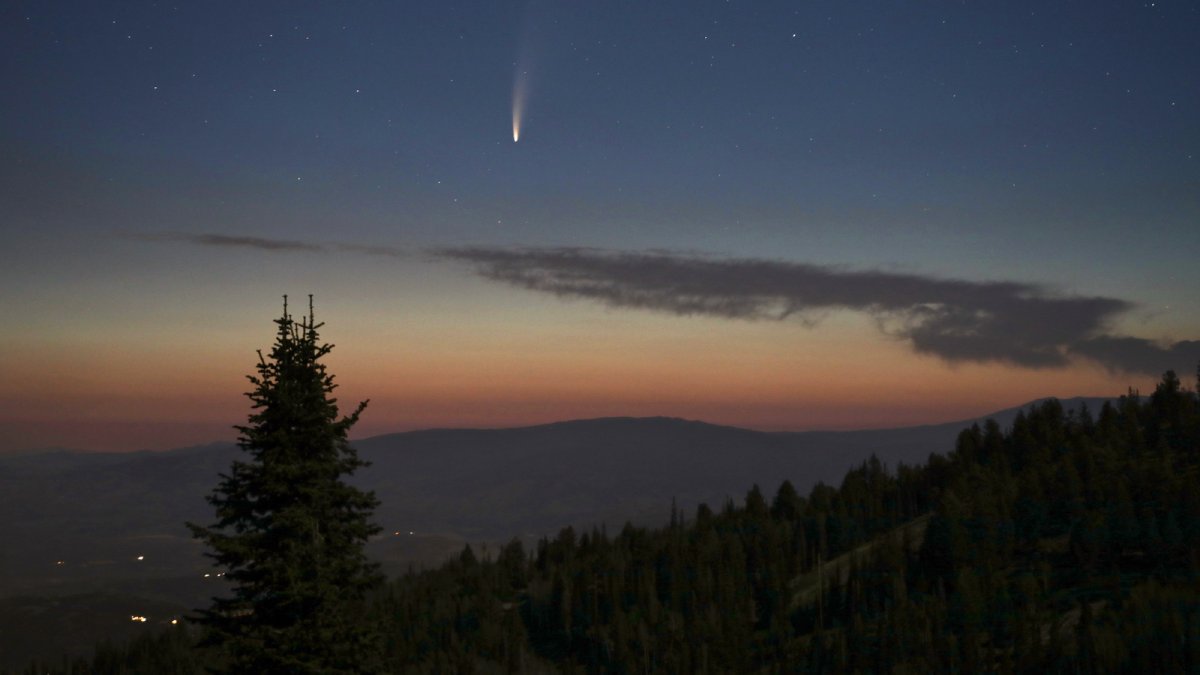 Director's Desk Report for August
Director's Desk Report for August
by Morgan Goodwin, Angeles Chapter Senior Director
On July 15th, for my birthday, I set my alarm to wake up at 3am, even though the day ahead was a marathon of zoom calls. My partner and I left the house at 3:30, and by 4am we were parked on the Mt. Wilson Observatory road, gazing north east and marvelling at the comet NEOWISE.
The comet NEOWISE was 'discovered' just a few months ago. Discovered is an interesting word, because people saw NEOWISE 11,000 years ago when it last buzzed by Earth. Before light pollution, when the sky was a part of normal life, the comet would have been obvious. What did it mean to those humans? As Daria and I passed our binoculars back and forth, we pondered what life was like back then.
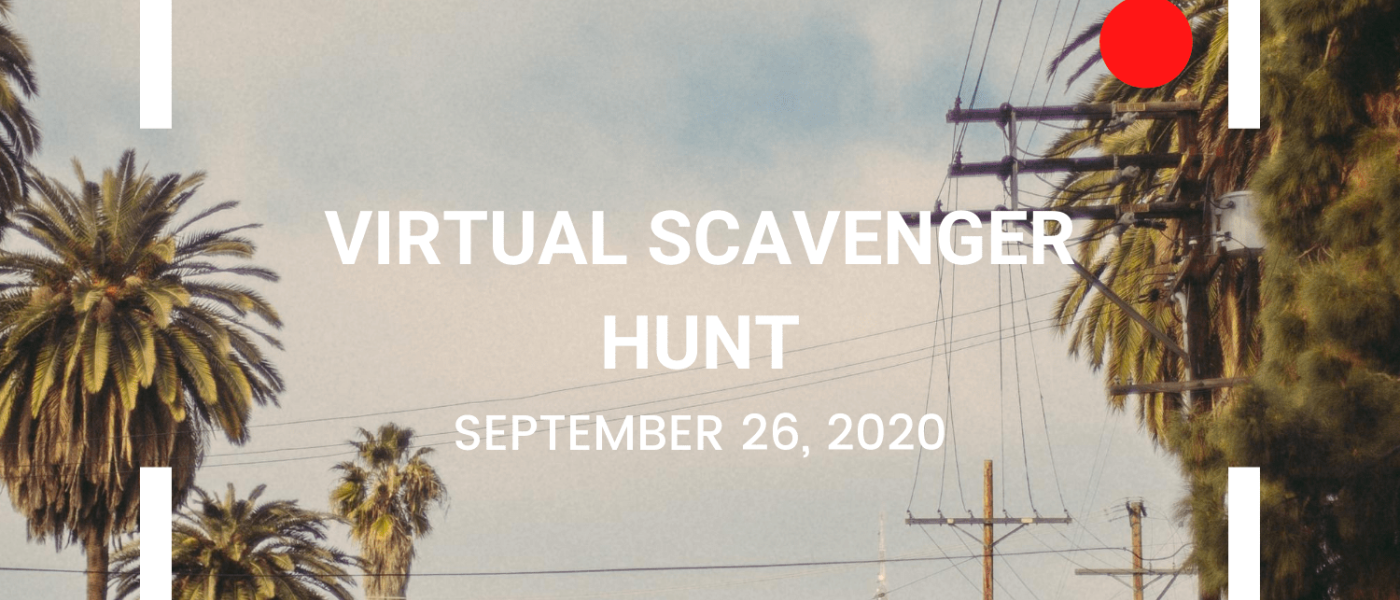
Chapter Elections Bulletin
by Jay Schneider, Elections Committee Chair
The Sierra Club is a democracy! The national board of directors, as well as the chapter executive committee and the regional groups, are elected by members. Transparency is a key element of democracy and this post explains how our elections work -- if you have a question, please get in touch.
The Angeles Chapter of the Sierra Club has begun its process of elections for the Chapter Executive Committee and the executive committees of its 14 groups. Notices to each of the constituent groups have been sent by email.
The election schedule is as follows: Angeles Chapter ExCom Ballot Schedule
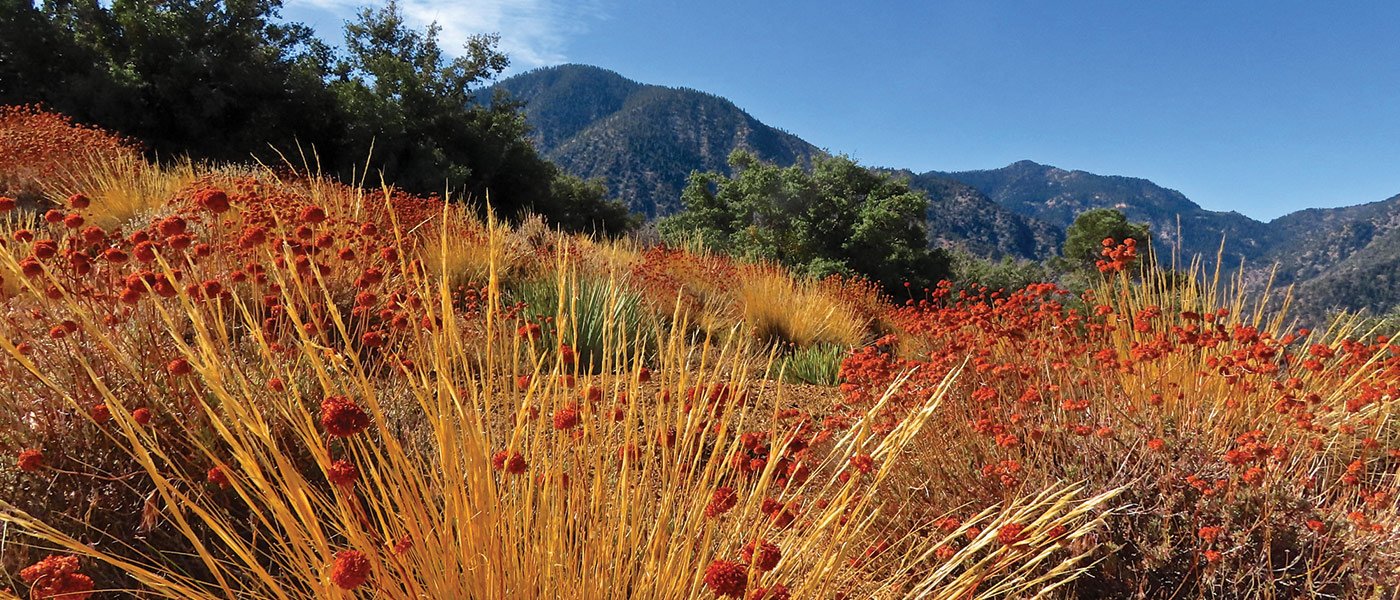
The COVID-19 crisis has not passed and continues to disproportionately harm Black, Indigenous, and Latinx people and other communities of color. The pandemic has revealed how the communities hardest hit are often the same people that suffer from high levels of pollution and poor access to healthcare. The fight for environmental justice cannot be separated from the fight for racial justice.

